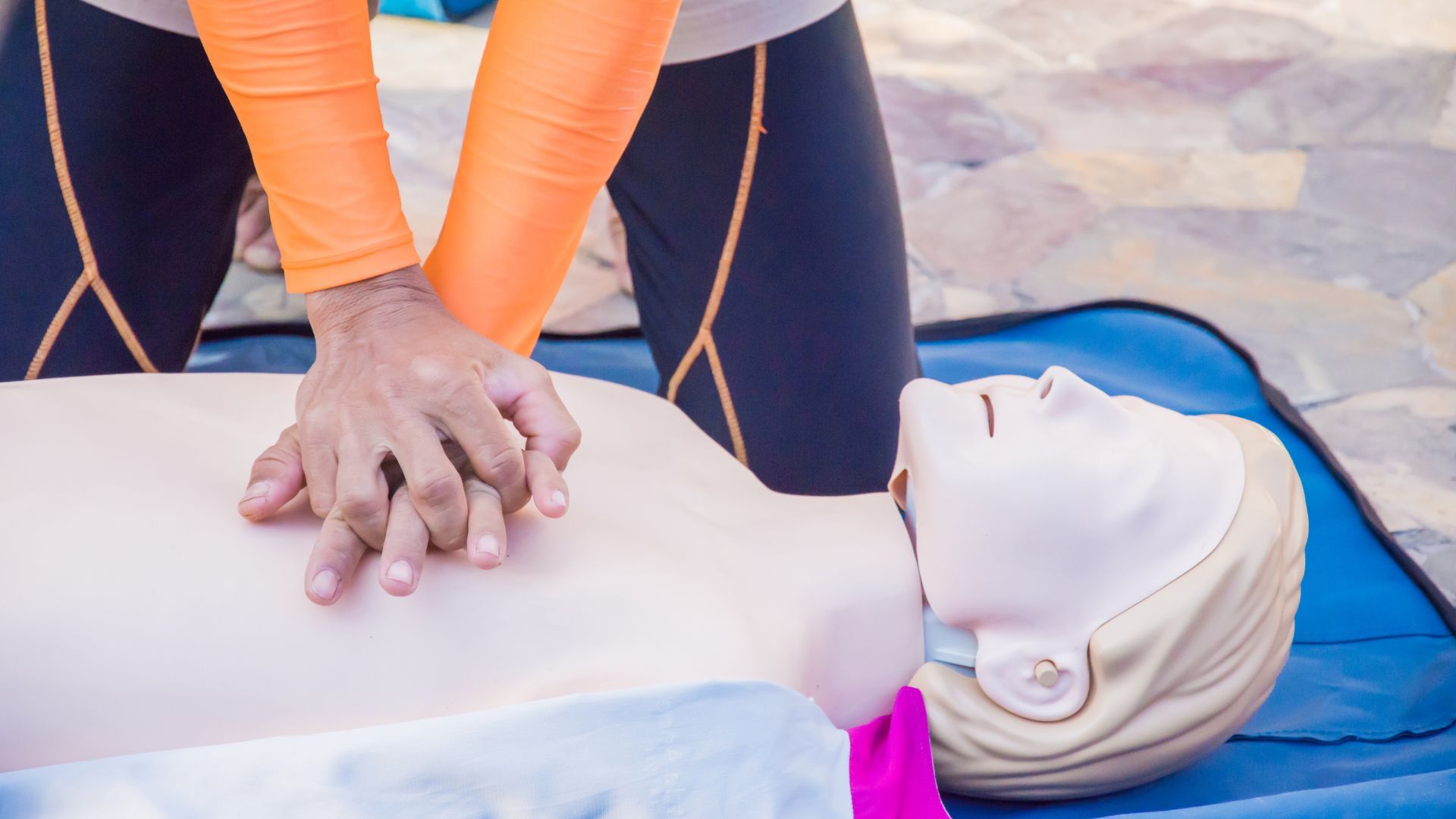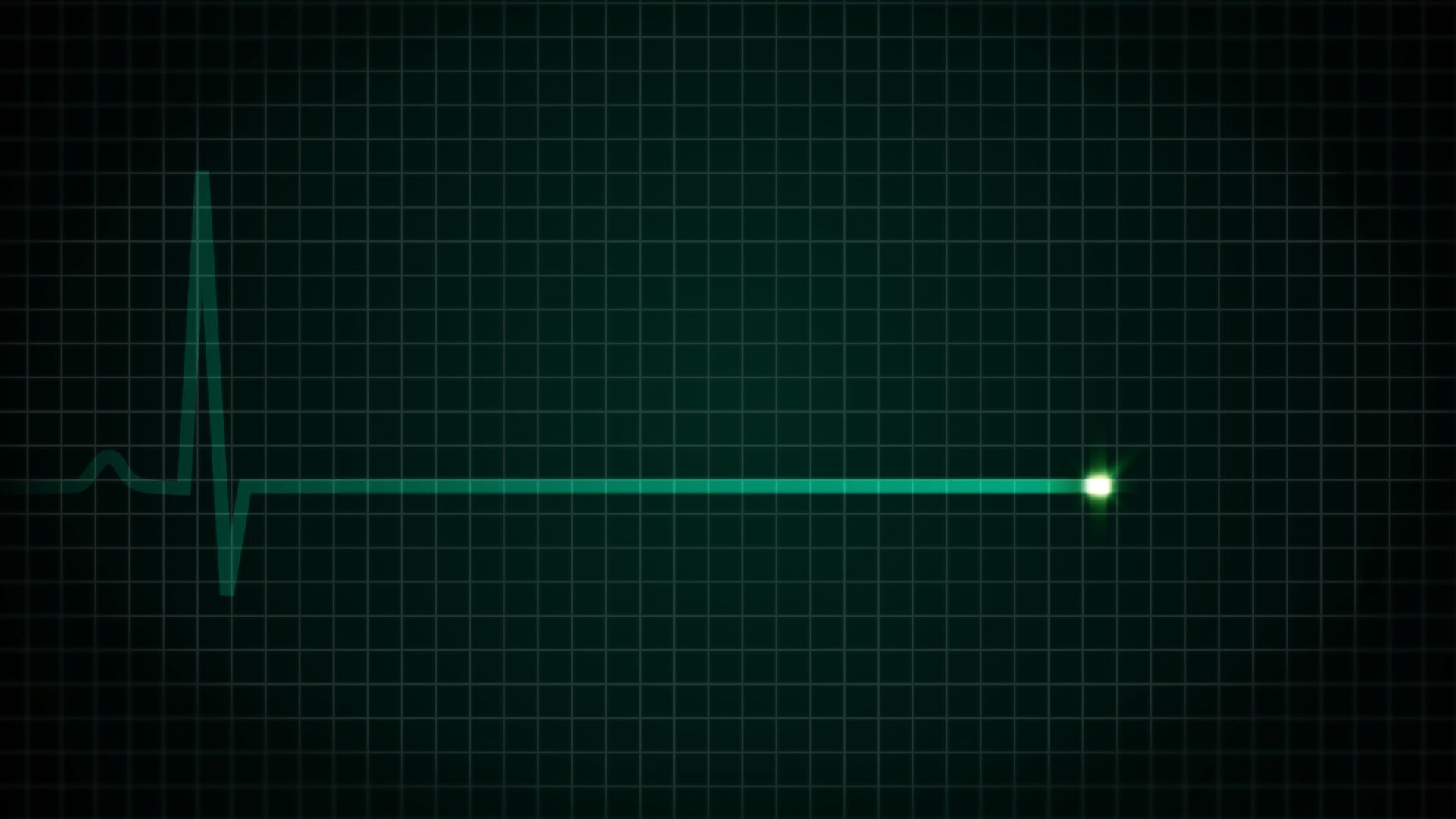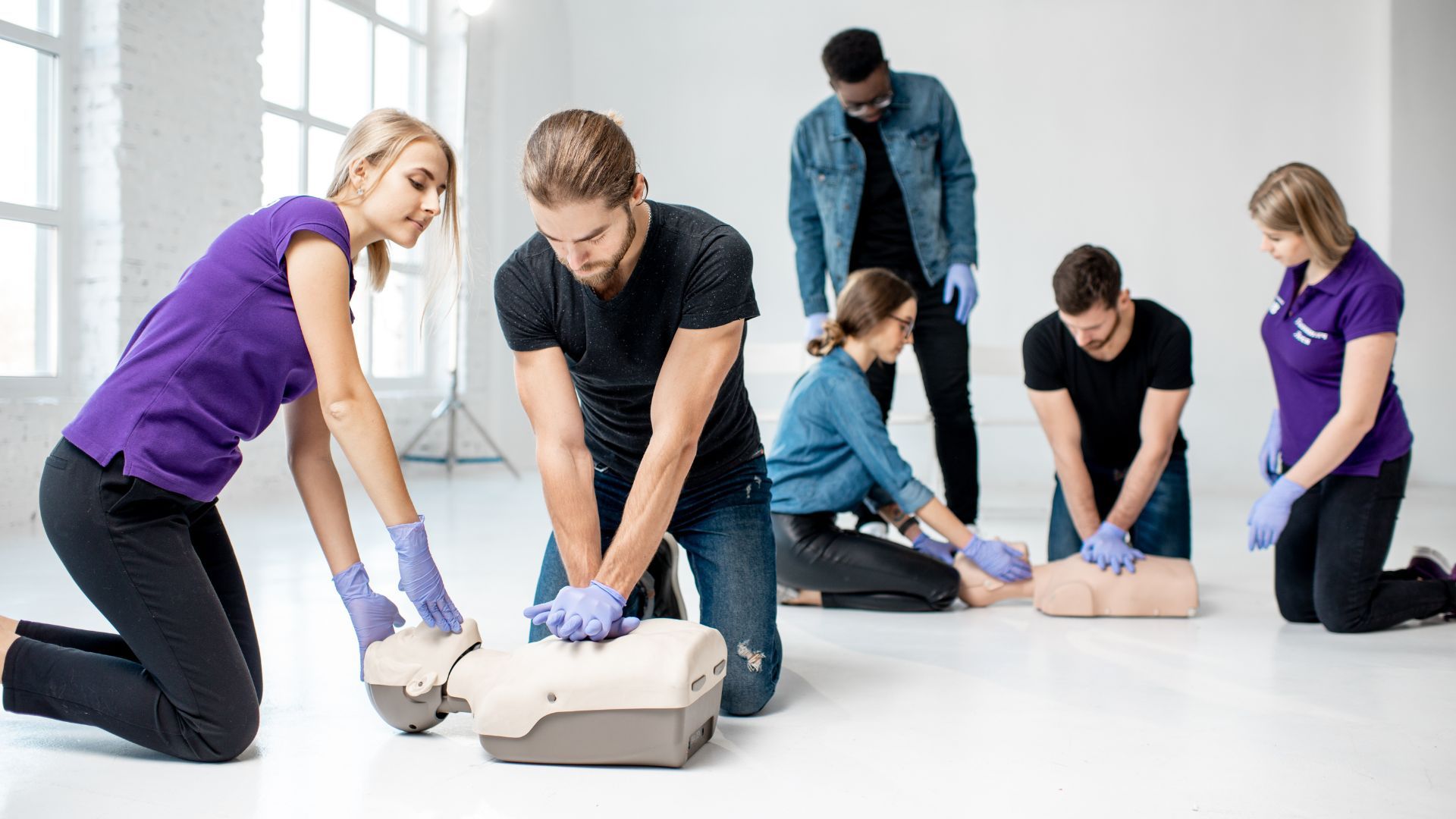Respiratory System
Contents
Respiratory System Pronunciation: Res-pi-ra-tory Sys-tem (ˌrespəˈrəˌtôrē ˈsistəm)
Definition: The respiratory system is a biological system consisting of specific organs and structures used for the process of respiration in an organism. It is involved in the intake and exchange of oxygen and carbon dioxide between an organism and the environment.
What is the Respiratory System?
Overview:
The respiratory system is a crucial part of the body that facilitates breathing. In humans, it includes airways, lungs, and the respiratory muscles. Its primary function is to allow oxygen from the air to enter into our bodies and remove carbon dioxide, a waste product of metabolism.
Key Facts about the Respiratory System:
- The respiratory system consists of the nose, mouth, pharynx, larynx, trachea, bronchi, bronchioles, and lungs.
- It provides oxygen to the body’s cells while removing carbon dioxide, a waste product that can be lethal if allowed to accumulate.
- This system works closely with the circulatory system to facilitate the exchange of these gases.
- Issues affecting the respiratory system can range from the common cold to bronchitis to lung cancer, requiring medical attention and treatment.
- Regular exercise, a healthy diet, and avoiding smoking can help maintain the health and functioning of the respiratory system.
Functions of the Respiratory System
Primary functions of the Respiratory System
The primary functions of the respiratory system include:
- Inhalation and exhalation of air or breathing.
- Exchange of gases between the lungs and the bloodstream.
- Providing oxygen to the body’s cells for energy production.
- Expelling waste gases and particles from the body through exhalation.
- Helping in regulating the balance of acid and base in tissues.
Frequently Asked Questions About the Respiratory System
What are the main organs in the Respiratory System?
The main organs and structures of the respiratory system include the nasal cavity, mouth, pharynx (throat), larynx (voice box), trachea (windpipe), bronchi, bronchioles, and lungs, which contain the alveoli where gas exchange occurs.
How can we keep our Respiratory System healthy?
Keeping the respiratory system healthy involves lifestyle choices such as not smoking, maintaining a healthy diet, regularly exercising, and avoiding exposure to air pollutants. Regular check-ups can help detect any problems early.
References:
- American Lung Association. (n.d.). Learn About Your Lungs. Retrieved July 25, 2023, from https://www.lung.org/lung-health-diseases/how-lungs-work
More Articles





